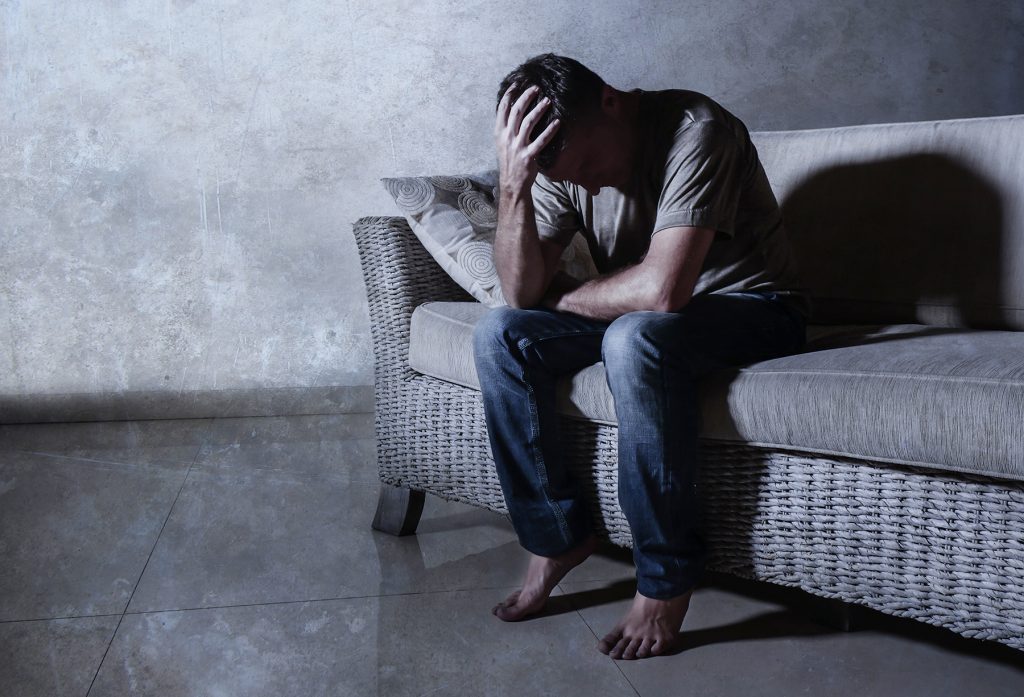SUICIDE AND LONELINESS

Loneliness is a feeling that most of us will experience at some point in our lives. You can feel lonely in a crowd, with colleagues at work, and with your friends and closest family. But if this loneliness becomes persistent, it can pose a significant risk to our health. Mother Teresa of Calcutta one of the women I admire her thoughts says “Even the rich are hungry for love, for being cared for, for being wanted, for having someone to call their own”. This simply affirms the view that no amount of money can either buy true happiness, love, and friendship.
In 2017, 1,588 young people under 35 in the UK took their own lives. But suicide is
preventable, and no young person should ever get to the point where they feel they have no
option but to take their own life. To protect future generations, it’s critical that we improve
our understanding of why this is happening and what we can do about it.
Some causes of loneliness
- Situational variables like physical isolation, new location.
- Death of a dear person.
- Internal factors such as low self-esteem.
Signs of loneliness
- In ability to connect with others on a deeper, more intimate level.
- Overwhelming feeling of isolation regardless or where you are and who’s around .
- No close or best friends.
- Negative feelings of self-doubt and self-worth.
Signs of loneliness
- In ability to connect with others on a deeper, more intimate level.
- Overwhelming feeling of isolation regardless or where you are and who’s around .
- No close or best friends.
- Negative feelings of self-doubt and self-worth.
Overcoming loneliness
- Reassessing thinking and regain hope
- Practice self-compassion
- Journal your thoughts and feelings
- Reaching out to old friends
- Invite a friend on a walk
- Talk to people
- Consider joining a group, organization or only community
- Get a pet

Leave a Reply